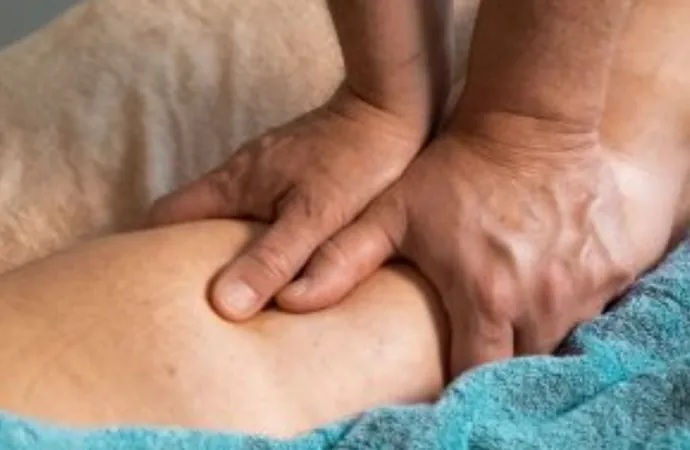
Shocking Findings: Racialized and Indigenous Communities Bear the Brunt of Heart Disease Due to Alarming Data Gaps
2025-08-22
Author: William
A groundbreaking new study has uncovered troubling disparities in cardiovascular disease (CVD) rates among racialized and Indigenous communities across Europe, North America, and Central America. These groups face alarmingly higher rates of heart disease, exacerbated by significant gaps in health-care data.
CVD is the leading cause of death globally, but the burden is not born equally. Research indicates that Black, South Asian, and Indigenous populations suffer from heart disease, diabetes, and high blood pressure far more than their white counterparts. Without a clear understanding of at-risk demographics, healthcare systems are ill-equipped to offer fair and effective treatment.
Published on August 21, the research involved scientists from McMaster University and forms part of The Lancet Regional Health-Europe commission focused on health inequalities. Its findings are set to be addressed at the European Society of Cardiology's Congress 2025 in Madrid on August 29.
Lead author Sonia Anand, a professor in McMaster's Department of Medicine and a prominent figure in Global Health, emphasized the study's uniqueness. "This research provides comprehensive evidence that these health disparities stem from entrenched social disadvantages like poverty and poor access to care. Women from marginalized communities are particularly hard hit," Anand stated.
A critical concern raised in the study is the inconsistent collection and reporting of racial data within global healthcare systems. This discrepancy hampers the identification of high-risk groups for CVD, suppressing targeted prevention strategies and effective policy-making.
In Canada, while ethnic data is collected during the census, it is absent in healthcare databases, complicating real-time tracking of health disparities. Similarly, many European nations lack standardized ethnic data in their healthcare systems, relying instead on inadequate proxy measures such as country of origin.
Central America, Mexico, and the Caribbean are particularly affected, as ethnic and racial data are seldom recorded, leaving Indigenous health information alarmingly sparse. The United States collects racial and ethnic data more consistently, yet the categories often fail to capture the nuances within diverse populations like Asian Americans.
Co-author Sujane Kandasamy pointed out a critical blind spot in global health systems, asserting, "Without accurate race and ethnicity data, inequalities in heart health remain overlooked and unaddressed."
The study dedicates a special section to Indigenous populations across global regions, revealing how these communities continue to suffer due to historical marginalization and the impacts of colonialism on their traditional, healthy lifestyles. Led by Indigenous cardiologist Miles Marchand from the University of British Columbia, this section highlighted that Indigenous peoples who managed to maintain or revitalize their traditional practices showed significant improvements in cardiovascular health, despite various barriers.
The authors believe this research could serve as a blueprint for more equitable healthcare and policymaking, with the potential to save lives and cut healthcare costs. Key recommendations include monitoring cardiovascular health trends through self-reported data, encouraging clinicians to screen high-risk communities, and advocating for public health initiatives that offer affordable treatments and culturally relevant healthy living programs.
Remarkably, this significant study was conducted without external funding, highlighting the dedication of the researchers to illuminate these critical issues.









 Brasil (PT)
Brasil (PT)
 Canada (EN)
Canada (EN)
 Chile (ES)
Chile (ES)
 Česko (CS)
Česko (CS)
 대한민국 (KO)
대한민국 (KO)
 España (ES)
España (ES)
 France (FR)
France (FR)
 Hong Kong (EN)
Hong Kong (EN)
 Italia (IT)
Italia (IT)
 日本 (JA)
日本 (JA)
 Magyarország (HU)
Magyarország (HU)
 Norge (NO)
Norge (NO)
 Polska (PL)
Polska (PL)
 Schweiz (DE)
Schweiz (DE)
 Singapore (EN)
Singapore (EN)
 Sverige (SV)
Sverige (SV)
 Suomi (FI)
Suomi (FI)
 Türkiye (TR)
Türkiye (TR)
 الإمارات العربية المتحدة (AR)
الإمارات العربية المتحدة (AR)